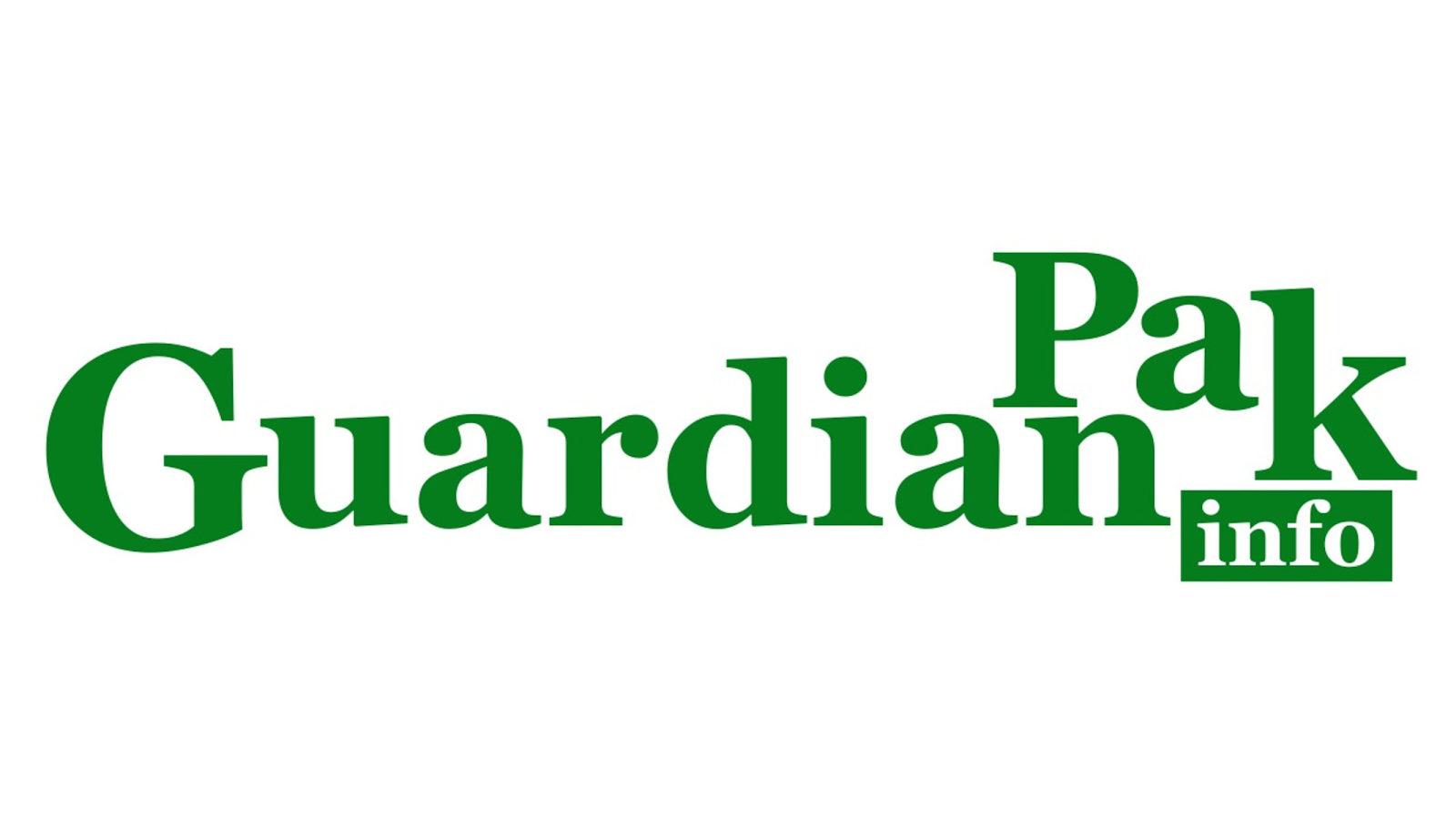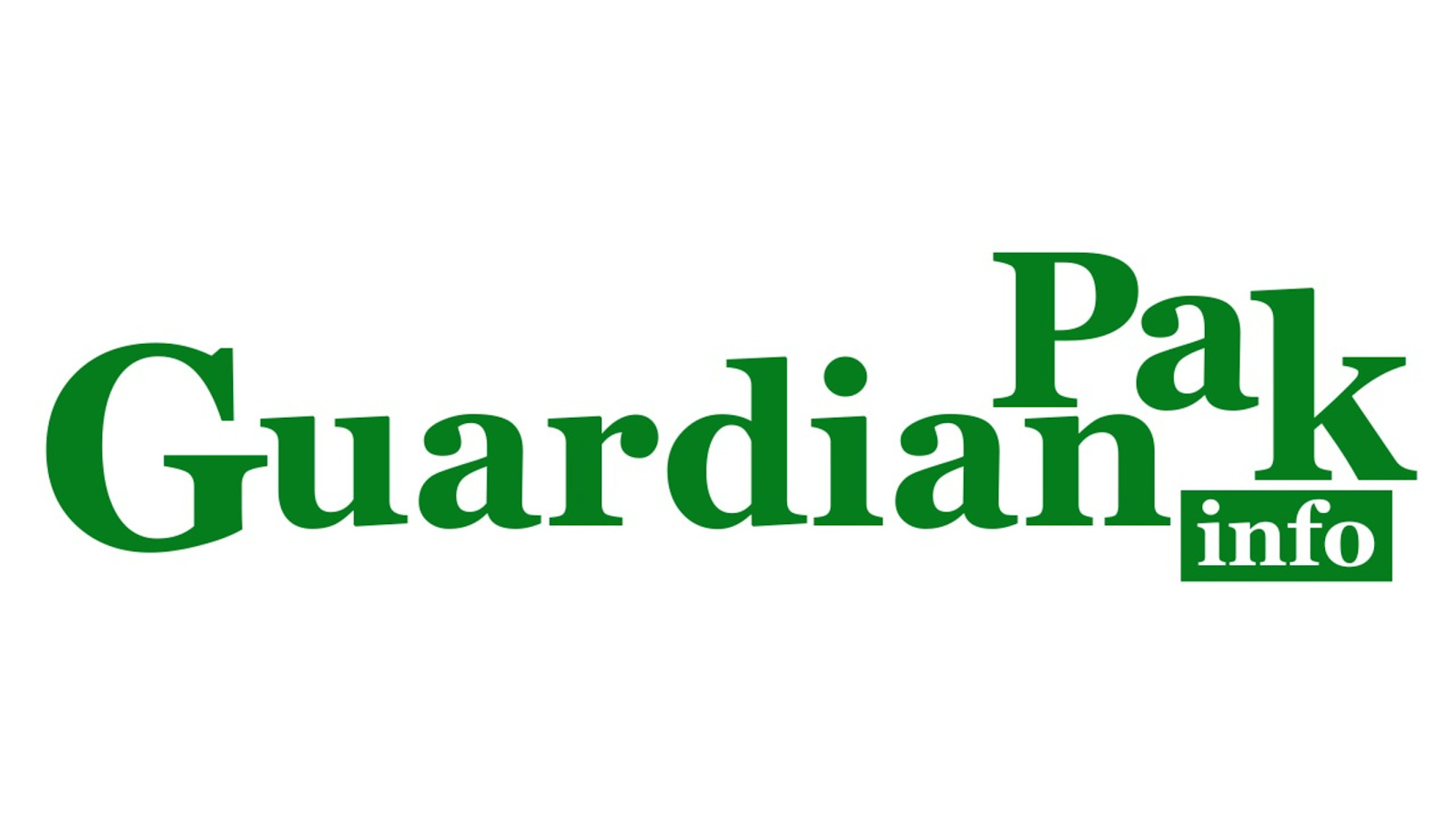In today's fast-paced and unpredictable world, insurance has become an integral part of financial planning for most Americans. Whether it's safeguarding their health, homes, vehicles, or businesses, insurance provides a safety net that offers peace of mind and protection against unexpected events. This article delves into the reasons why most Americans buy insurance and why it has evolved from being a mere financial product to a crucial aspect of modern living.
1. Mitigating Financial Risk
One of the primary reasons why most Americans purchase insurance is to mitigate financial risk. Life is full of uncertainties, and unexpected events such as accidents, illnesses, natural disasters, and liability claims can have significant financial implications. Insurance serves as a buffer against the financial burdens that these events can impose, allowing individuals and families to manage unforeseen expenses without depleting their savings or going into debt.
2. Protecting Personal Health and Well-being
Health insurance is perhaps one of the most important forms of insurance for Americans. The soaring costs of medical treatments, prescription medications, and hospital stays make health insurance indispensable. By having health coverage, individuals can access necessary medical care without worrying about exorbitant bills that could potentially bankrupt them. Furthermore, health insurance encourages regular check-ups and preventive care, contributing to overall well-being.
3. Safeguarding Assets and Property
For most Americans, their home and automobile are among their most valuable assets. Property and casualty insurance, such as homeowners insurance and auto insurance, provide protection against losses caused by theft, accidents, vandalism, and natural disasters. These policies offer financial support to repair or replace damaged property, ensuring that individuals and families can swiftly recover and rebuild after an unfortunate incident.
4. Ensuring Financial Stability
Insurance also plays a critical role in ensuring financial stability. Life insurance, for example, provides a safety net for beneficiaries in the event of the policyholder's death. This can help cover funeral expenses, outstanding debts, and provide financial support to surviving family members. Similarly, disability insurance offers income replacement in case of a debilitating injury or illness that prevents the policyholder from working.
5. Meeting Legal and Lender Requirements
Certain forms of insurance, such as auto insurance and homeowners insurance, may be legally required or mandated by lenders. Auto insurance is mandatory in most states to protect drivers and other parties involved in accidents. Similarly, lenders typically require homeowners insurance to safeguard their investment in the property. These legal and lender requirements drive Americans to purchase insurance to comply with regulations and contractual obligations.
6. Navigating Entrepreneurial Ventures
For those pursuing entrepreneurial ventures or running small businesses, insurance is often a necessity. Business insurance, liability insurance, and professional liability insurance protect business owners from potential lawsuits, property damage, and other risks associated with their operations. This allows entrepreneurs to focus on their business growth without the constant fear of a single mishap jeopardizing their financial stability.7. Nurturing Long-Term Goals
Insurance also aligns with long-term goals that most Americans aspire to achieve. Take, for instance, retirement planning. Annuities and long-term care insurance cater to the needs of retirees, offering a steady income stream and covering potential healthcare costs as individuals age. These policies provide a sense of security, enabling retirees to enjoy their golden years without worrying about outliving their savings or draining their assets due to medical expenses.
8. Encouraging Responsible Behavior
Beyond financial protection, insurance has a unique way of promoting responsible behavior. Health insurance, for example, encourages individuals to prioritize their well-being by offering coverage for preventive services and screenings. Auto insurance incentivizes safe driving habits by providing discounts for accident-free periods and defensive driving courses. This dynamic not only benefits policyholders but contributes to overall societal safety and well-being.
9. Fostering a Culture of Preparedness
Insurance fosters a culture of preparedness that resonates deeply with Americans. The lessons from historical events, natural disasters, and unforeseen tragedies have ingrained the importance of being prepared for the unexpected. This culture extends beyond individual needs to community and societal resilience. By investing in insurance, Americans collectively contribute to building a more resilient nation that can weather storms – both metaphorical and literal.
10. Peace of Mind and Emotional Well-being
Lastly, insurance offers intangible benefits that extend beyond financial security. The peace of mind that comes with knowing that loved ones will be taken care of, property losses can be recovered, and health-related expenses will be covered is invaluable. This sense of security enhances emotional well-being, reducing stress and anxiety that can stem from uncertainties. In this way, insurance doesn't just protect assets but also contributes to a healthier mental and emotional state.Conclusion
The decision to buy insurance is a practical and rational one for most Americans. Insurance provides peace of mind in a world characterized by uncertainty and unexpected events. By mitigating financial risks, protecting health, property, and businesses, ensuring financial stability, and meeting legal and lender requirements, insurance has evolved into a cornerstone of modern financial planning. It empowers individuals and families to face challenges head-on, knowing that they have a safety net to fall back on when life takes an unexpected turn.






0 Comments